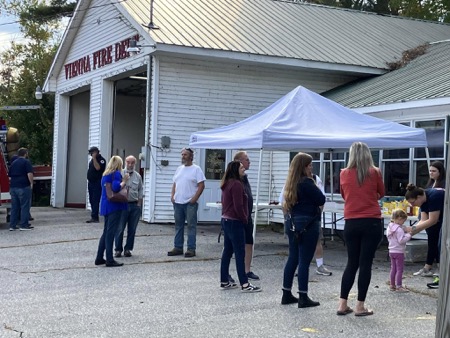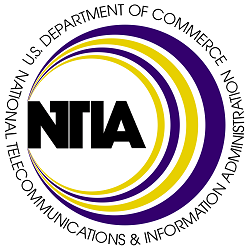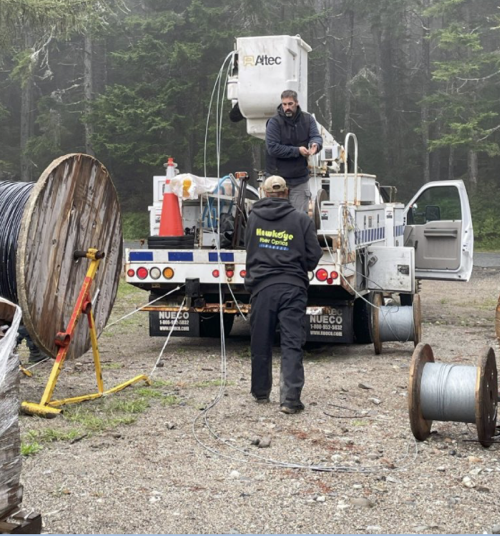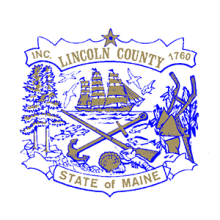Vienna, Maine Looks To Grow Fledgling Muni-Network
Vienna, Maine recently launched its own municipal fiber network, finally bringing affordable next-generation broadband access to the small town’s 600 residents. As soon as service was made available, 240 of the town's 400 plus households immediately signed up for service, and the town’s focus has shifted to demonstrating the value of fast affordable access to remaining locals that regional incumbents are trying to lure away with temporary promotional offers.
The Vienna Broadband Authority recently told the Bangor Daily News it needs 270 consistent subscriber households to maintain financial viability, so they’ve taken to demonstrating high speed connectivity at the local firehouse in order to pique the public interest.
The Vienna network was made possible largely thanks to a $2.3 million grant in 2023 from the Maine Connectivity Authority (MCA), which in turn was made possible by the 2021 American Rescue Plan Act (ARPA) passed by Congress. The town-owned network is being run in cooperation with Machias-based Axiom.

Axiom is providing locals with three options for service: symmetrical 100 megabit per second (Mbps) service for $60 a month; symmetrical 250 Mbps service for $65 a month; and symmetrical 500 Mbps service for $110 a month. The town also offers yearly seasonal rates of $612, $663, and $1122, respectively.
The municipality’s pricing comes without usage caps, hidden fees, or long term contracts. Interested locals have to pay a $99 installation deposit that is refunded once a customer is connected.













